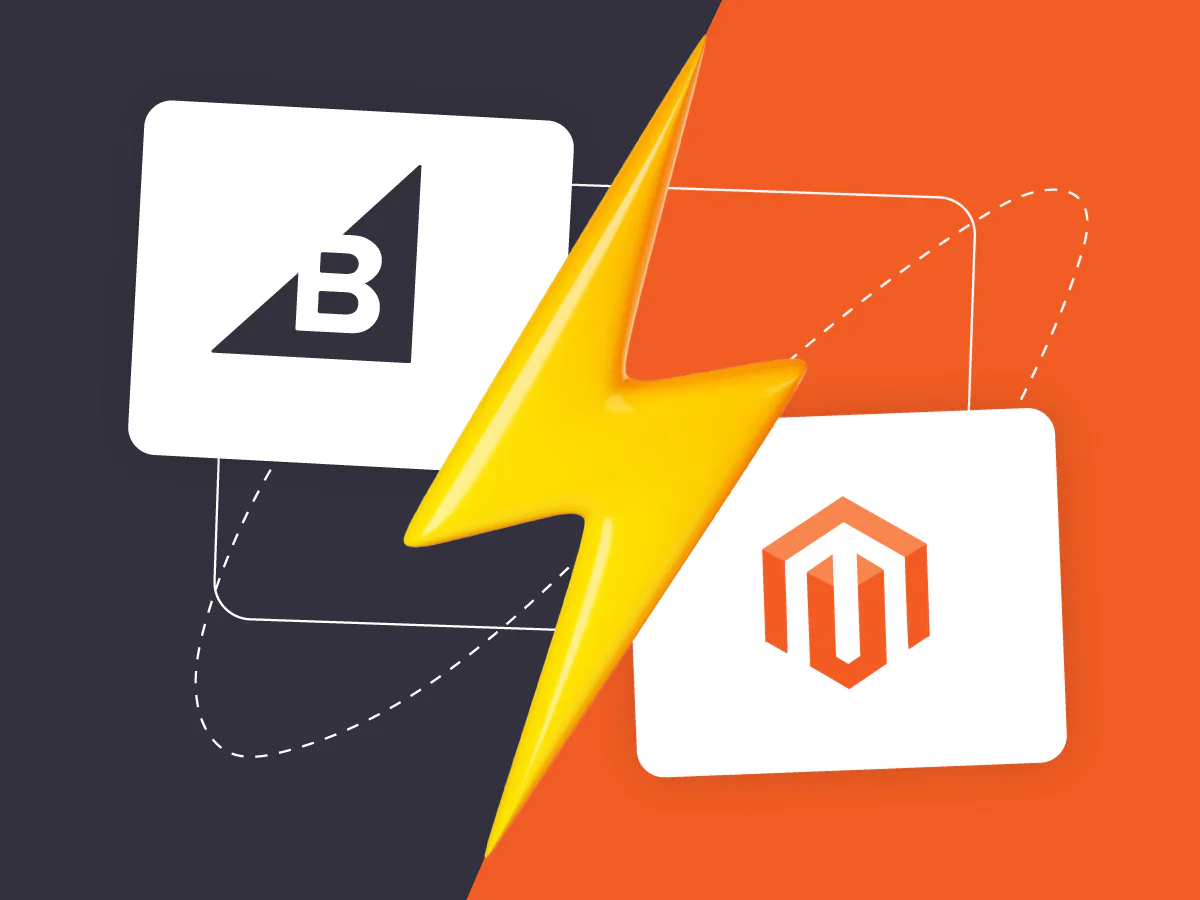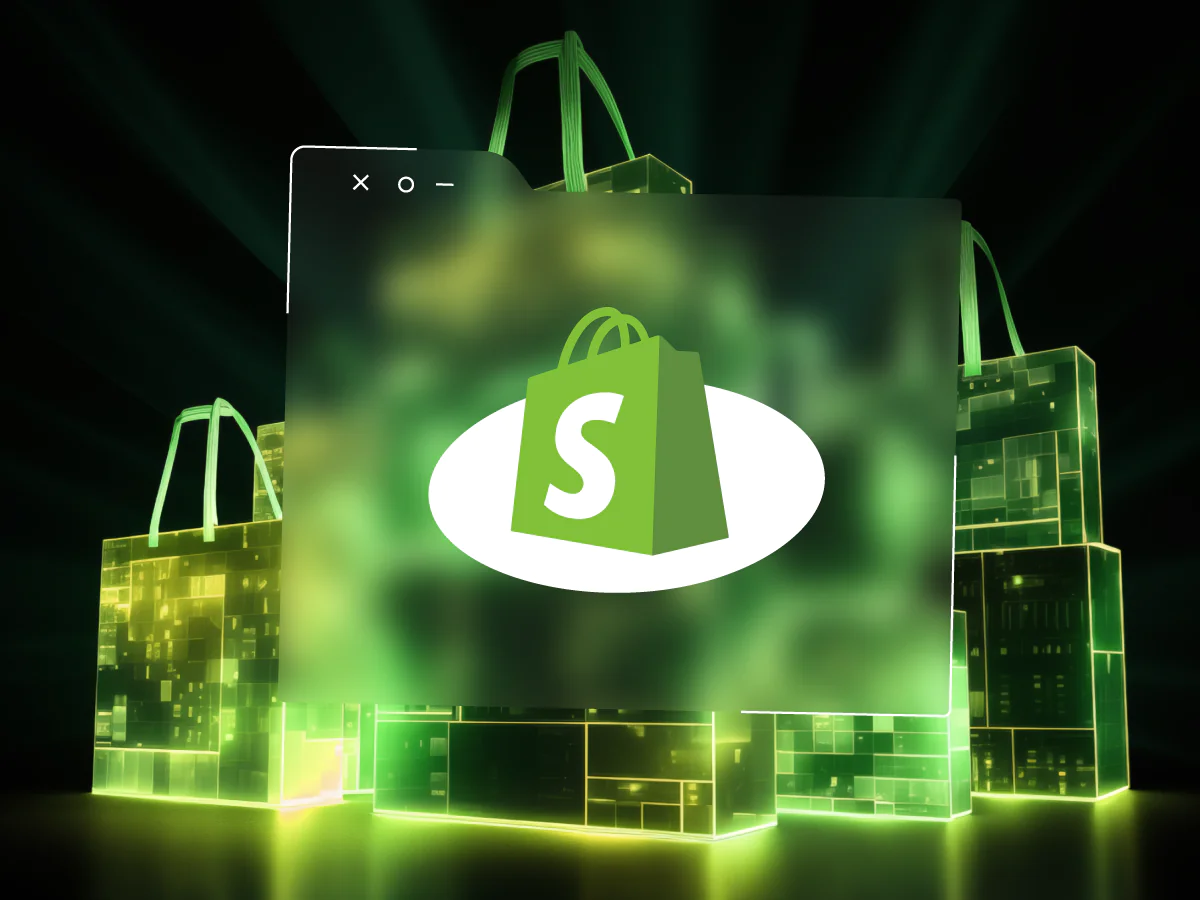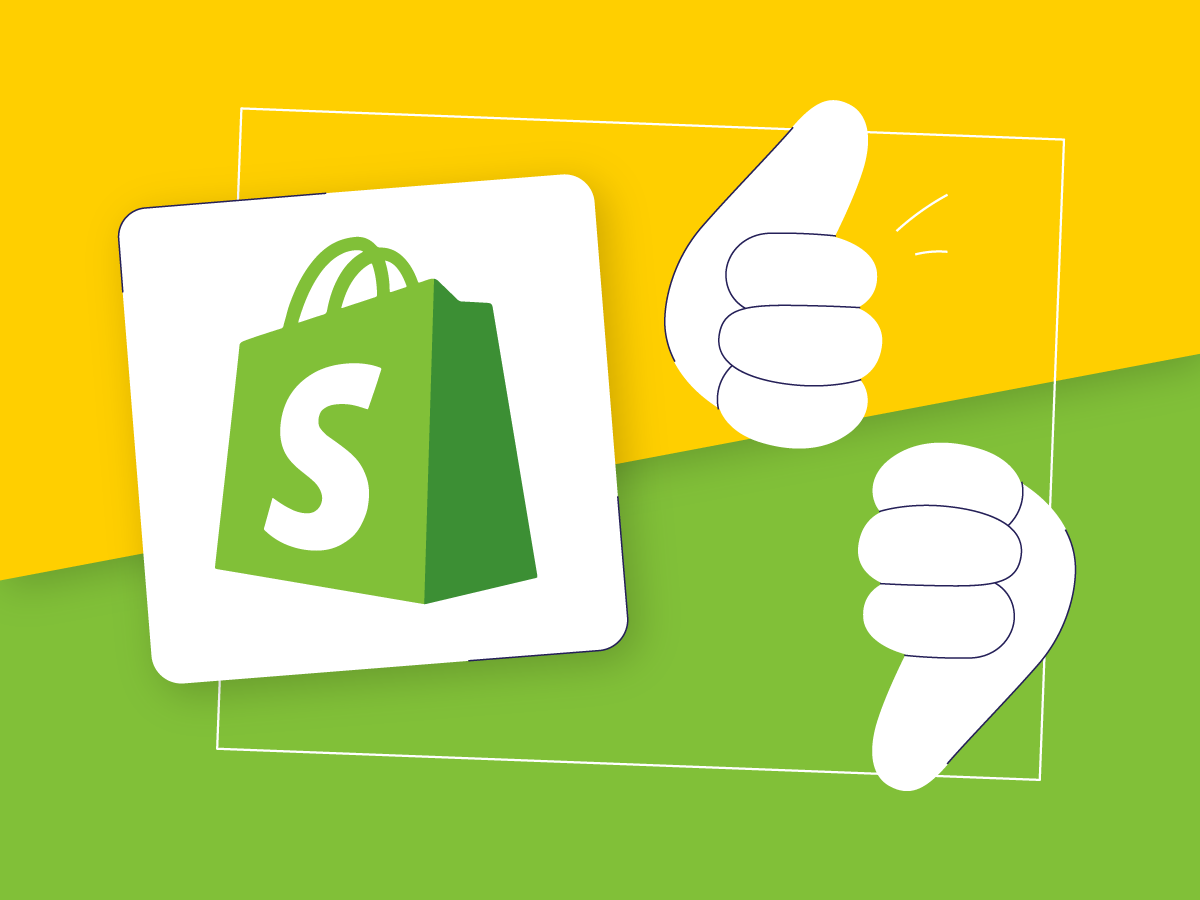Are you thinking about switching from BigCommerce to Magento? No wonder! Magento offers a world of possibilities for growth and customization.
While BigCommerce has been a reliable partner to many. But Magento opens up a realm of new opportunities. Our team has compiled a comparison of the two platforms to help you decide your store’s future.
What is Magento Open Source?
Magento is an open-source e-commerce platform owned by Adobe. Since 2006, it has been getting more and more widely used. According to Built With, as of 2023, more than 140,000 websites worldwide are built using this platform. It’s a powerhouse for customization and scalability. Magento also offers a rich array of features that cater to the unique needs of your business.
Why migrate from BigCommerce to Magento?
BigCommerce has been a great starting point for many merchants. It offers a user-friendly experience with enough features to get your business rolling. It’s reliable and functional but with some limits on what you can build.
Magento is powerful, flexible, and customizable. Think custom designs and development, extensive integrations, and a global reach. It’s perfect for businesses ready to step up their game.
Magento Open Source is a platform that can adapt to your changing needs as you grow. As your business grows, Magento can handle more traffic and products without breaking a sweat.
Who should consider migrating?
- Growth-oriented businesses
If your plans include expanding your product lines or going global, Magento is your ally. It’s tailored for businesses that are outgrowing BigCommerce’s capabilities. - Businesses with unique needs
For those who believe in a store that reflects their unique brand identity, Magento’s customization options are a game changer.
When to switch to Magento
Here are some signs that you might find Magento benefits helpful for your business growth:
Hitting the ceiling with BigCommerce
- Product limitations
If you’re finding that BigCommerce’s product management capabilities are limiting. Especially as you expand your product range or complexity, it’s a sign. Magento offers a more robust system for handling large and complex product catalogs. - Customization needs
When you start feeling restricted by the customization options in BigCommerce. For example, you need a better look of your store, specific functionalities, or the checkout process. For instance, you might want to improve how your store looks or the checkout process. - Performance issues
If you notice performance issues like slower load times or difficulties in handling peak traffic. Magento’s superior scalability and performance optimization options can address these issues.
Scaling up your business
- Global expansion
If you’re planning to expand your business globally. Magento’s multi-language and multi-currency capabilities can better facilitate this growth compared to BigCommerce. - Complex business models
As you evolve into more complex business models, such as B2B or omnichannel retailing, Magento’s flexibility and advanced features make it a more suitable platform.
Platform comparison: BigCommerce vs. Magento
The choice between BigCommerce and Magento largely depends on your business needs, technical capabilities, and growth plans. BigCommerce is great for businesses seeking simplicity and ease of use. Magento is ideal for those needing advanced customization and scalability.
Ease of use
The choice between BigCommerce and Magento can be seen as a trade-off between ease of use and functionality.
For non-technical users, BigCommerce is the go-to. Its user-friendly nature makes it accessible to those without technical expertise. It’s perfect for small businesses or startups looking to establish an online presence quickly and with minimal fuss.
For technical users or those with resources, Magento shines with its extensive customization capabilities and advanced features. It’s ideal for businesses with specific needs, those planning to scale, or those who have the technical know-how or resources to harness its full potential.
BigCommerce: User-friendly and straightforward
- Simplified dashboard
BigCommerce provides an intuitive dashboard. This means less time figuring out how to navigate the system and more time managing your business. - Drag-and-drop functionality
You can easily arrange your storefront by dragging and dropping elements in BigCommerce Page Builder. This is particularly helpful for those who aren’t code-savvy. - Built-in features
BigCommerce comes with a host of built-in features, reducing the need for external plugins.
Magento: Complex but powerful
Magento, on the other hand, is packed with tools for those who know how to use them. It boasts advanced features without BigCommerce counterparts:
- Customizable product types
Magento allows for the creation of complex product types. These include configurable, bundled, and grouped products. This feature is crucial for stores with a wide range of products and variations. - Advanced customer segmentation
The platform offers sophisticated customer segmentation options. You can tailor your marketing and promotional efforts to specific customer groups based on their behavior, purchase history, and preferences. - Powerful data customization
It provides the ability to create custom attributes for products and customers. This feature makes Magento a better choice for businesses that need detailed data management. - Complex rule-based product relations
Set up sophisticated product relations based on a set of rules. For example, show related products based on customer browsing history. - Extensive API for integrations
Magento’s API is more robust. They allow for more complex integrations with third-party systems. This is particularly important for businesses that need to integrate with existing ERP, CRM, or other business management tools.
Customization and flexibility
BigCommerce: Templated customization
- Pre-designed templates and themes
BigCommerce offers a selection of templates and themes, which can be customized to a degree. Users can change colors, fonts, and basic layout elements. - Style editor
For users without coding skills, BigCommerce provides a Style Editor where you can make visual changes through a simple interface. - Limited HTML and CSS access
While BigCommerce allows for some HTML and CSS editing, it’s limited compared to Magento. This means while you can tweak existing templates, creating something entirely from scratch or highly customized is more challenging.
Magento: The customization powerhouse
In contrast, Magento is like a blank canvas with a full spectrum of colors available for painting:
- Fully customizable themes
Unlike BigCommerce, Magento allows you to build your theme from the ground up. This level of customization is ideal for businesses wanting a completely unique online presence. - Extensive HTML, CSS, and JavaScript control
Magento gives you full access to edit HTML, CSS, and JavaScript, offering the freedom to create a highly tailored user experience. - Advanced product customization
Magento surpasses BigCommerce in product customization. You can create complex product options, custom attributes, and even personalized products that BigCommerce’s template-based system can’t match. - Customizable checkout process
With Magento, you can tailor every step of the checkout process. This customization can be crucial for optimizing conversion rates. That’s more rigid and less customizable in BigCommerce. - Flexible data models
Magento’s database structure allows for more complex data models and relationships. They are essential for businesses with intricate product catalogs and customer data needs.
Scalability
When comparing BigCommerce vs. Magento 2, it’s clear that these platforms cater to different scales and complexities of business growth.
BigCommerce: Scaling with limitations
BigCommerce, akin to a reliable compact car, is great for navigating the city streets. But it might struggle on more demanding terrains.
- Suited for small to medium-sized businesses
BigCommerce is designed to support small to medium-sized businesses. It provides the necessary tools and capabilities for businesses at this scale. - Product and sales volume limitations
As your business grows, you might find that BigCommerce has limitations. For example when in handling extensive product catalogs or a significant increase in sales volume. There are upper limits on the number of products and variants you can manage efficiently. - Bandwidth and API call limits
BigCommerce plans come with bandwidth limits and restrictions on API calls. They could become a bottleneck as your customer traffic and integration needs increase. - Scaling up requires a plan upgrade
To access more features and capabilities, you might need to upgrade to more expensive plans. This factor can become a cost consideration as your business grows.
Magento: Built for growth
When comparing BigCommerce vs. Magento, the latter is like a powerful off-road vehicle. It’s built to tackle challenging terrains and adapt to various environments.
- Designed for large-scale operations
Magento is well-equipped to handle large businesses and those experiencing rapid growth. It’s built to manage extensive product catalogs and high customer traffic volumes seamlessly. - Highly scalable architecture
Magento’s architecture allows for scaling up without significant performance issues. You can expand your product range, customer base, and transaction volume without worrying about the platform’s ability to handle this growth. - Customizable for performance optimization
With Magento, you have the flexibility to optimize the platform for performance, such as set up advanced caching mechanisms, database optimization, and server configurations tailored to your specific needs. - Support for complex business models
Magento can support various business models. These include B2B, B2C, and hybrid models. So, it’s a great choice for businesses as they evolve and diversify.
Pricing
BigCommerce offers a straightforward pricing model with different tiers based on the level of features you need. It includes hosting in its pricing. So, it can be a cost-effective solution for small businesses.
Magento requires a more significant initial investment, especially for Adobe Commerce (the paid version). It is free to use, but you need to consider the costs of hosting, development, and maintenance.
SEO and marketing
BigCommerce comes with built-in SEO features and marketing tools that are easy to use for beginners. At the same time, Magento offers more features for driving online traffic and sales:
- Customizable marketing tools
Magento offers advanced marketing tools. These include customizable promotions, coupons, and other incentives that can be tailored to specific customer segments. - Robust analytics and reporting
It provides more detailed analytics and reporting features compared to BigCommerce. This allows for a deeper understanding of customer preferences, behavior, and sales trends. - Integrations with marketing platforms
Magento’s extensive API allows for integration with third-party marketing platforms. So you get more options for targeted marketing campaigns and customer relationship management.
BigCommerce vs. Magento 2 comparison summary
Opt for professional migration services
The migration from BigCommerce to Magento is a significant move, one that opens up a world of possibilities. However, this journey is intricate. This is where professional expertise and support become invaluable, ensuring a smooth and successful transition.
Migrating to Magento involves moving data, setting up new systems, and ensuring everything works as expected. It’s a complex process that requires technical know-how to avoid data loss, downtime, or other migration hiccups.
Alva Commerce, we tailor the Magento 2 migration process to align with your business goals. We understand that each business is unique, and so are its needs. With us, you can expect:
- Customized approach
- Experienced team
- Minimized downtime
- Cost-effective solutions
- Future-ready solutions
By opting for professional services at Alva Commerce, you ensure this critical transition is handled expertly and efficiently.
To wrap it up
When comparing BigCommerce vs. Magento 2 vs. Shopify, Magento Open Source stands out as a platform for tomorrow’s growth and success. It excels in customization and scalability and offers unparalleled features to empower your business.
Magento features robust functionality and adaptability. Thus, it enables you to create a store that truly reflects your brand’s personality and meets your specific business needs.
The decision to migrate from BigCommerce to Magento is a strategic move towards future-proofing your business. Magento opens doors to new opportunities. It enables you to connect with your customers in more meaningful ways. This is a platform that grows and evolves with your business.
At Alva Commerce, we understand the intricacies of both platforms. Our expertise in navigating the migration process from BigCommerce to Magento 2 ensures a seamless transition. So, you can harness the full potential of Magento’s capabilities. With our support, your journey from planning to launch and beyond becomes an exciting path.
We regularly review and compare different e-commerce platforms. We recommend that you read other similar articles:










